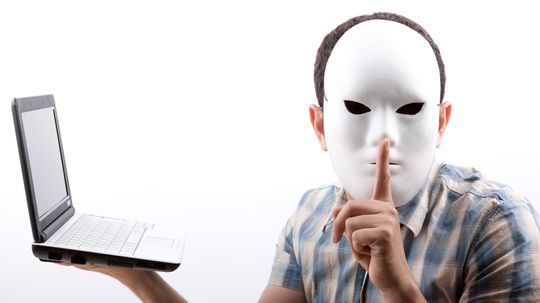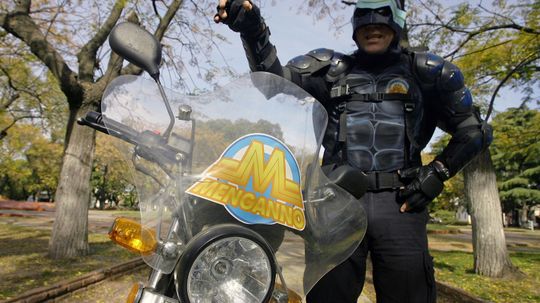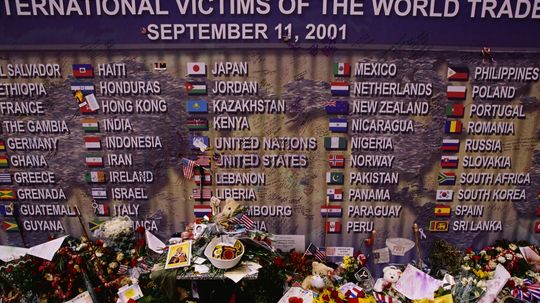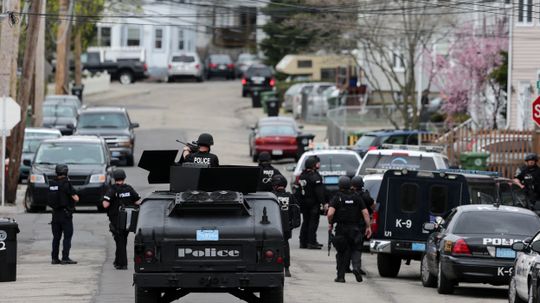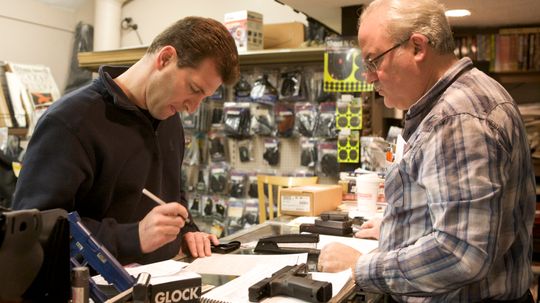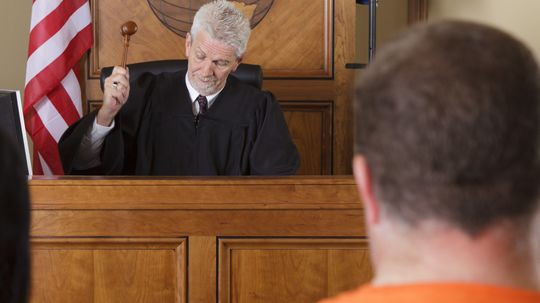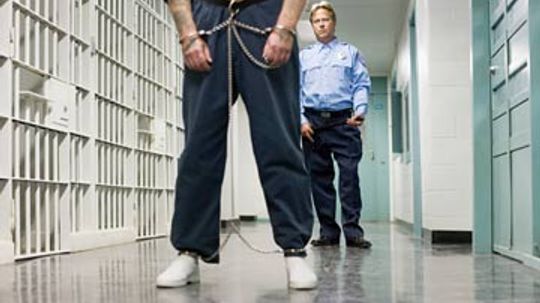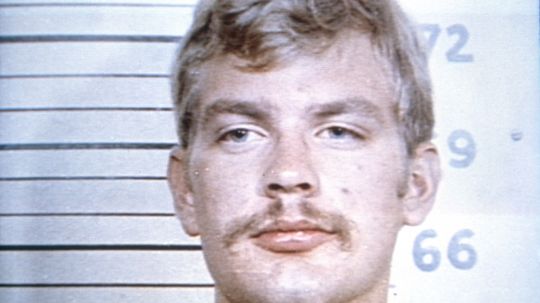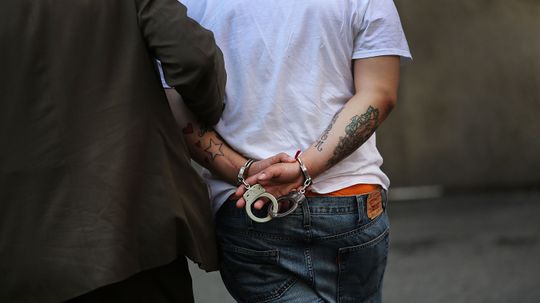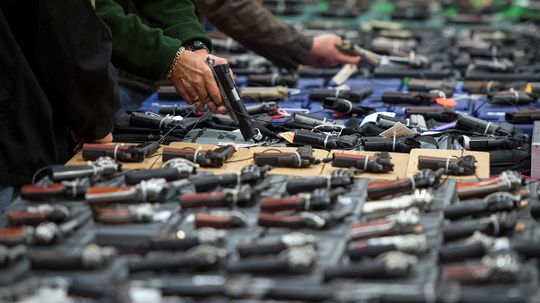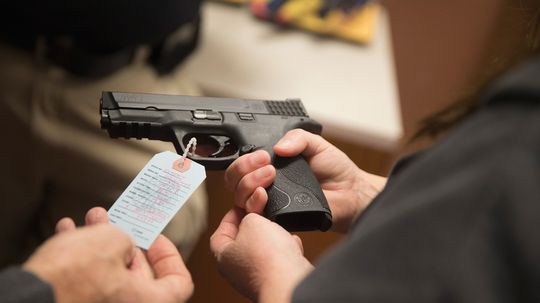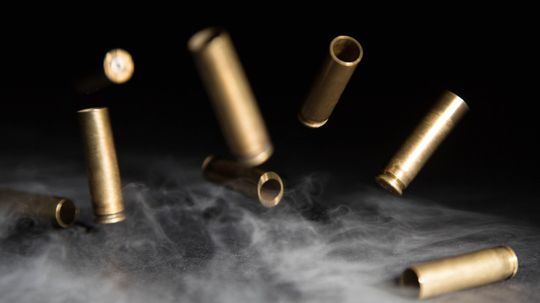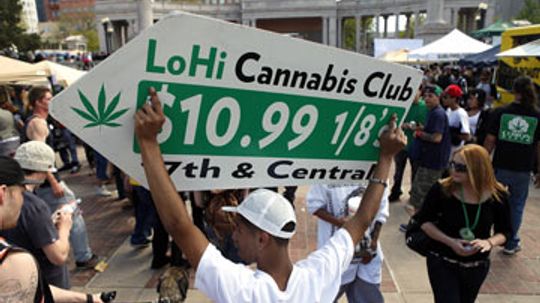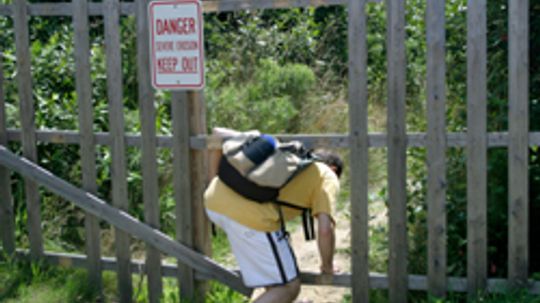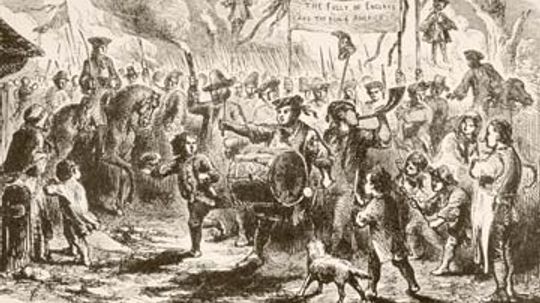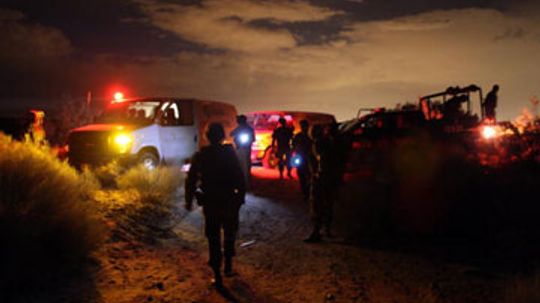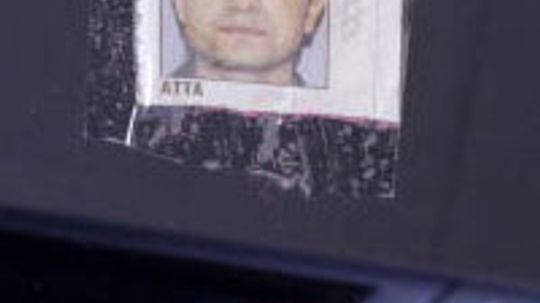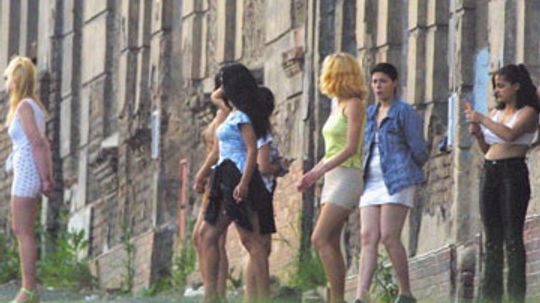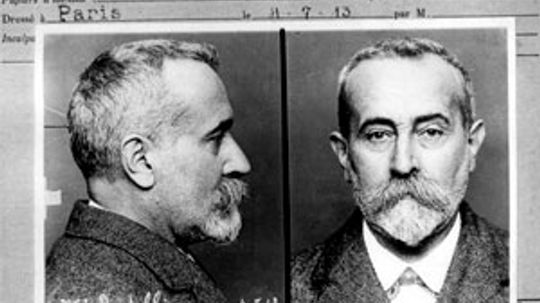Legal System
The Legal System Channel features information related to how society deals with crime, criminals and law enforcement. Learn more about how governments operate their legal systems.
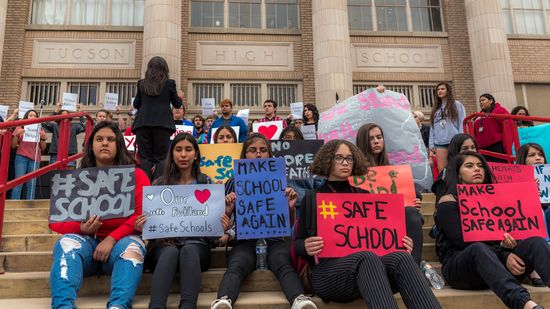
Determining the Worst School Shooting by Fatalities
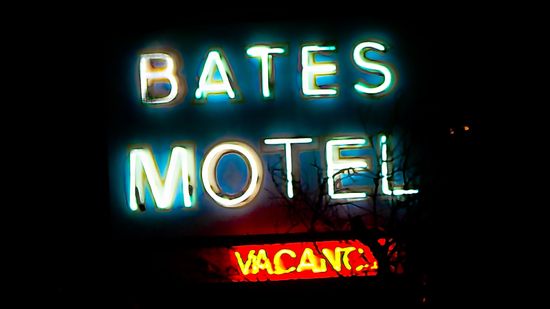
Ed Gein, Inspiration for 'Psycho,' Never Served Prison Time
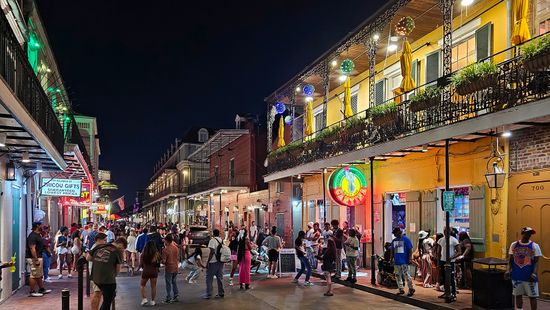
10 States With the Highest Crime Rates

10 States With the Strictest Abortion Laws After Roe v. Wade Was Overturned

What Is the Youngest Drinking Age in the World?

31 Open Carry States and 10 With 'Permissive' Open Carry
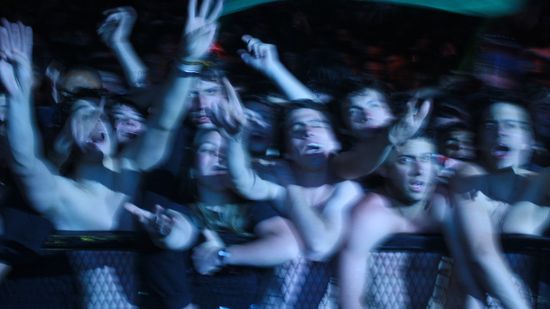
How the 2021 Astroworld Tragedy Changed the Festival Scene
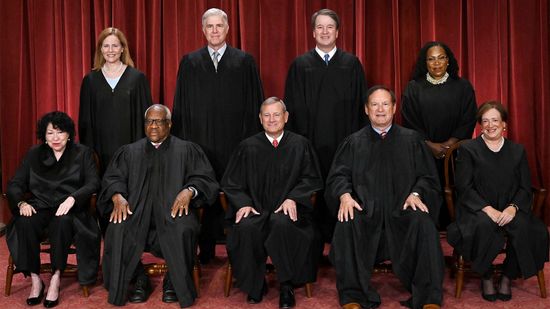
Supreme Court on the Brink of Ending Affirmative Action in College Admissions
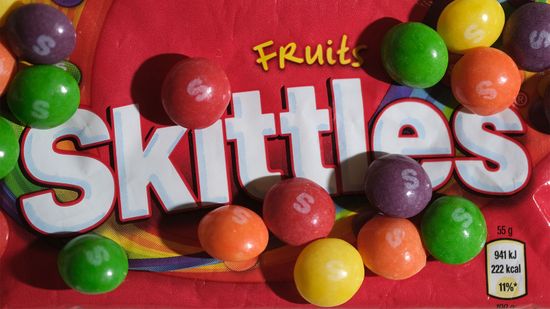
Are Skittles 'Unfit for Human Consumption'? A Lawsuit Says Yes
Learn More / Page 7
In the park. On the bus. At the mall. At your job. Is there any place you can go and not be watched? After reading this article, you may agree the answer is "no."
Masked crime fighters aren't just the stuff of Marvel and DC comics and films. These characters may not have superpowers, but they feel the call to keep citizens safe and serve their communities.
If you need an analogy for PRISM, one apt comparison would be to HBO's show "The Wire." Just swap "U.S. government" for Baltimore police, "Internet data" for phone wiretaps, and name the target as "really anyone" instead of drug traffickers. Got it?
Advertisement
The U.S. was quick to denounce 9/11 as an act of terrorism. Drawing the line between mass murder and terrorism isn't always that straightforward though.
Sometimes the search for a fugitive can occupy a city. Other times, the hunt is fierce enough to dominate a nation, or even several countries. Which criminals can claim they spurred some of the craziest manhunts ever?
The Brady bill of 1993 established mandatory background checks for firearms purchases. But that only applies to Federal Firearms Licensees, not to private sellers. What's involved in a background check - and would expanding them lessen gun crime?
By Julia Layton
You've heard the stat reported by the Mother Jones team: Since 1982, there have been 62 mass shootings in America, crimes like the one that James Holmes is accused of. Only one of those shootings was carried out by a woman. Why?
Advertisement
Most people sentenced to death in the U.S. get at least one stay of execution. In one case, the stay came a minute too late because of a misdialed phone number. Here are 10 of the most unusual cases.
It's not always easy to convince a jury that someone didn't know right from wrong. Here are 10 of the world's most notable insanity defenses.
It's a pretty straightforward question with an obvious answer, right? Well, yes, until you start peering at both federal and state laws. That's when things start to get interesting.
Numerous high-profile mass killings across the U.S. have made the debate over gun control even more heated. With so many studies and arguments out there, we inject some impartial facts in the gun control debate.
Advertisement
Copycat crimes aren't a 21st-century phenomena. Some of the first ones were documented during the late 19th century, when cases like Jack the Ripper held the world's attention. What's new is the inordinate media attention. Does it change the game?
Ask a card-carrying member of the NRA and you'll get one answer. Ask a member of Everytown for Gun Safety and you'll get another. We look at the research that underlies this controversial topic.
In Nov. 2012, voters in Colorado and Washington state voted to legalize marijuana, even though use of the drug is illegal under federal law. How will this be resolved and what's happened in previous cases with these kinds of contradictions?
Dive into the darkest corners of the world's aging legislation and you'll find statutes that will puzzle even the most lawful citizen. Case in point: prohibiting pretzels with beer.
By Chris Opfer
Advertisement
Sometimes the things that fascinate us most are dangerous. Attractive nuisances draw the attention of children and often cause injuries or even death. What everyday neighborhood features are likely to harm kids?
By Beth Brindle
Riots may garner attention for people who feel frustrated and oppressed, but are they really effective? Here, we'll examine how riots work.
The terrorist attacks of Sept. 11, 2001, had a profound effect on the United States -- and the world. Trace the progression of events in this timeline.
Drugs are serious business, especially in Mexico. In fact, Mexican cartels have gone to great lengths to protect their turf, building Mad Max-style armored vehicles. What's the deal with these so-called narco tanks?
By Lance Looper
Advertisement
The confusion and terror following the Sept. 11 attacks on the World Trade Center left many searching for answers. Some conspiracy theorists point to conflicting reports and murky political agendas in their alternative versions of the event.
By Jane McGrath
The events of Sept. 11, 2001, left America and much of the world wondering who could have been responsible for the devastating attacks. Who exactly hijacked and flew the planes, and how did they get involved with the plot?
By Jane McGrath
If Abraham Lincoln ended slavery in the United States, why is so much money still being made to sell others into bondage? Here, we'll examine how human trafficking works.
Police sketches may be a routine part of law enforcement investigations, but they've been key to solving some extraordinary cases. How do forensic artists create these renderings, and how reliable are they, really? Find out in How Police Sketches Work.
Advertisement
Say you're a government agency or a company of some sort and you want to negotiate the terms of a working relationship with another group or agency. However, you're not too enthused by the idea of lawyers, contracts and legalese. That's where Memoranda of Understanding come in. What are these MOUs, exactly, and who uses them?
In the starkest terms, abuse and addiction cost money. It's expensive to treat and rehabilitate addicts, and it's costly to help the children affected. So, why have efforts to sterilize addicts come under fire?
By Josh Clark
